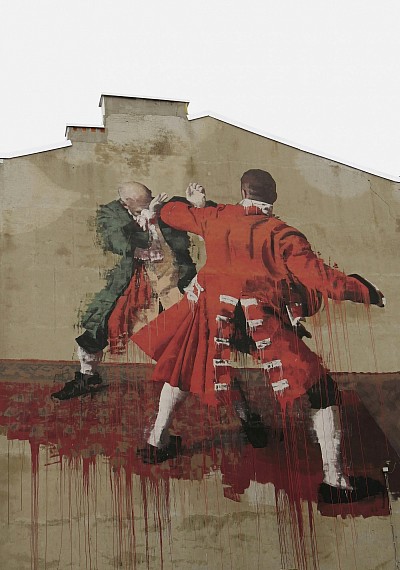30 causes of conflict in the society
30 causes of conflict
1. **Economic Disparities:** Wealth inequality can lead to dissatisfaction and tension among different societal groups.
2. **Resource Scarcity:** Competition over limited resources like water, food, and land can ignite conflicts.
3. **Political Power Struggles:** Disagreements over governance and leadership often result in conflict.
4. **Ethnic Tensions:** Discrimination or prejudice against certain ethnic groups can lead to unrest.
5. **Religious Differences:** Conflicts sometimes arise from intolerance or misunderstandings between different religious communities.
6. **Cultural Clashes:** Differences in cultural practices and values can lead to misunderstandings and conflict.
7. **Historical Rivalries:** Long-standing feuds or historical grievances can fuel ongoing conflicts.
8. **Social Inequality:** Discrimination based on race, gender, sexual orientation, or social status can cause societal divisions.
9. **Unemployment:** High unemployment rates can lead to economic desperation and social unrest.
10. **Land Disputes:** Conflicts over land ownership or usage can lead to disputes between individuals or communities.
11. **Migration and Displacement:** The movement of people can lead to tensions in host communities, especially if resources are scarce.
12. **Environmental Degradation:** Pollution, deforestation, and other forms of environmental harm can spark conflicts over environmental justice.
13. **Lack of Education:** Ignorance and the absence of opportunities for learning can perpetuate misunderstandings and prejudices.
14. **Corruption:** Corruption within governments and institutions can lead to public distrust and conflict.
15. **Poor Governance:** Ineffective or unjust governance can provoke public discontent and rebellion.
16. **Information Warfare:** Misinformation or propaganda can inflame tensions and create conflicts.
17. **Technological Changes:** Rapid technological advancements can lead to job displacements, contributing to societal unrest.
18. **Identity Politics:** Political strategies that exploit differences in identity can deepen societal divisions.
19. **Mental Health Issues:** Untreated mental health conditions can sometimes contribute to conflict at both individual and societal levels.
20. **Family Breakdowns:** Domestic issues can escalate into broader societal problems, especially if they become widespread.
21. **Urbanization:** Rapid urban growth can lead to overcrowding, resource depletion, and increased crime rates, fueling societal conflicts.
22. **Climate Change:** The effects of climate change, including natural disasters and competition over resources, can lead to conflicts.
23. **Legal Injustices:** Perceived or real injustices within the legal system can lead to public outrage and conflict.
24. **Economic Policies:** Policies that favor one group over another can lead to resentment and conflict.
25. **Media Influence:** Biased or sensational media can shape public opinion and exacerbate conflicts.
26. **Peer Pressure:** Within smaller communities or groups, peer pressure can lead to conflicts that escalate into larger societal issues.
27. **Personal Grievances:** Individual grievances, when widespread, can reflect deeper societal problems and lead to conflict.
28. **Health Inequities:** Disparities in access to healthcare can lead to public discontent and conflict.
29. **Foreign Interference:** External forces or interventions can destabilize societies and lead to conflicts.
30. **Cyber Conflicts:** Online disputes and cyberattacks can have real-world implications, leading to conflicts within and between societies.

